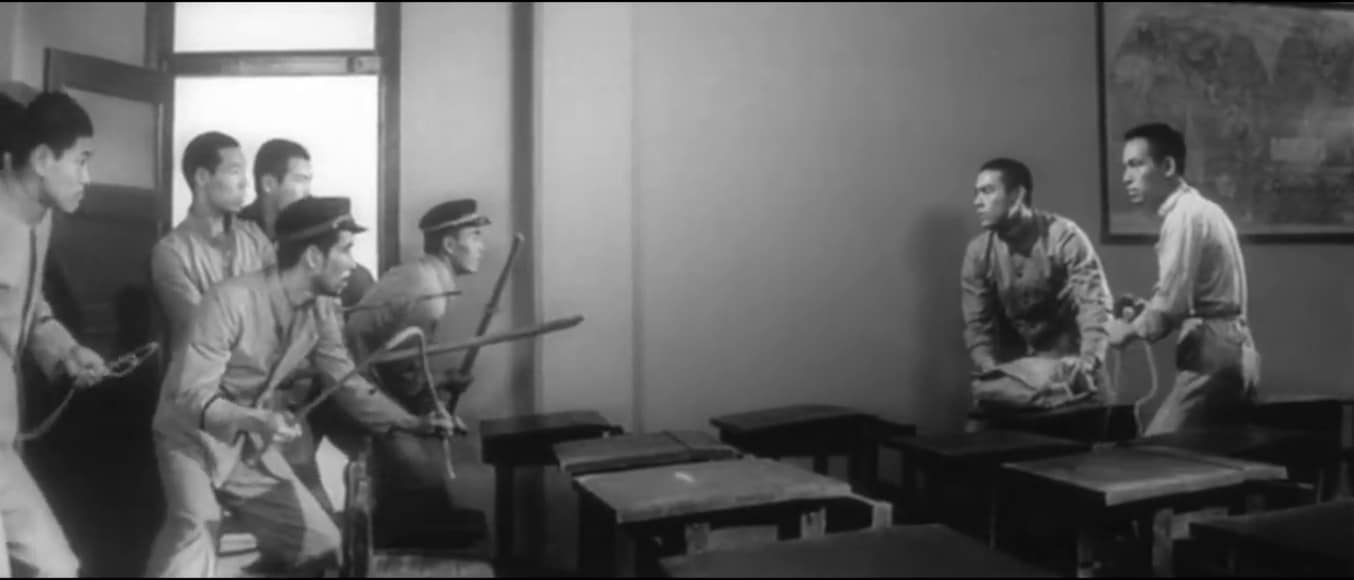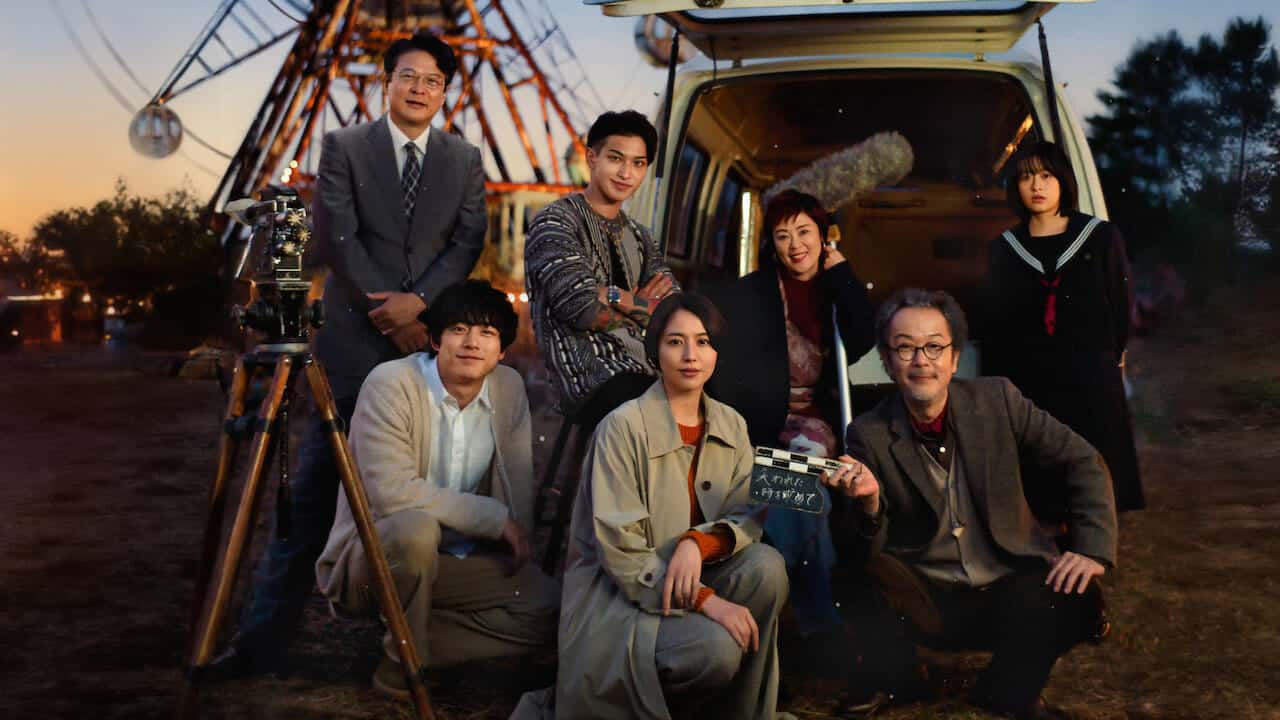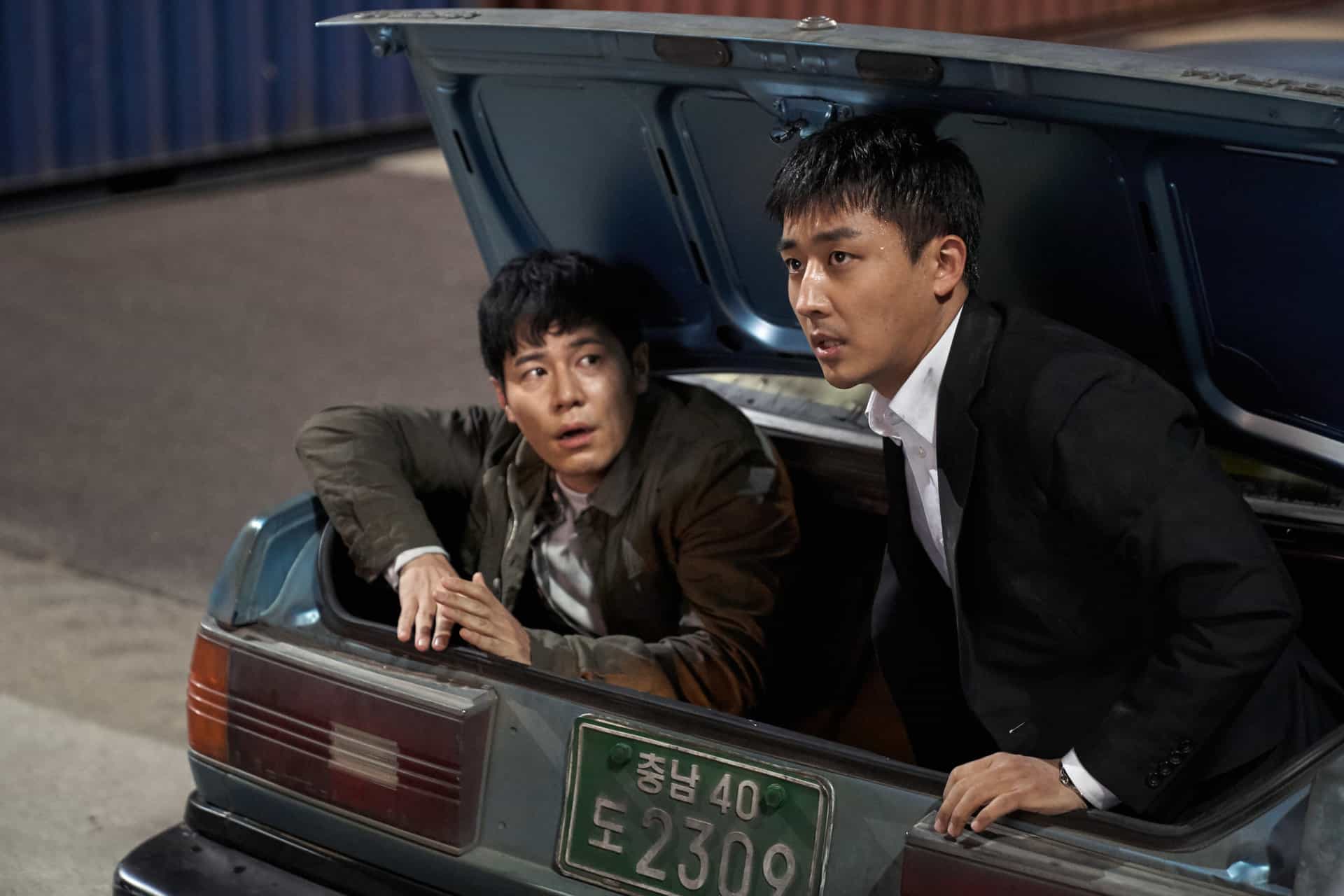The story of Manuel L. Quezon, President of the Commonwealth of the Philippines from 1935 to 1944 and particularly the role he played in the rescue of thousands of Jews before and during WWII is not exactly a famous one. Matthew Rosen's film feature directorial debut highlights this piece of history and Quezon himself in the most eloquent fashion.
“Quezon's Game” will screen in U.S./Canadian Theaters starting Jan. 24th
The story begins during 1938 in the Philippines, as Quezon, who had already started his reorganization efforts for the country, is about to start building the city that would later take his name. As the Commonwealth is under the control of the US and general McArthur is in charge, the Nazis have taken over Germany, and the Japanese seem too eager to establish their dominion in the Pacific, the power plays in the country are extremely tense. President Quezon may act and appear as a movie star but he actually suffers from tuberculosis and is more than concerned about the dates his country is going to have complete independence.
At that time, prominent Jewish businessman, two-for-a-nickel cigar maker Alex Frieder learns of the upcoming anti-Jewish laws Hitler is about to implement and desperately tries to persuade his friend Quezon and American diplomat Paul V. McNutt to change the laws of both US and the Philippines about refugee visas in order for the country to be able to receive as many Jews as possible. When Canada and the US turn down the asylum-seeking Jews, and the representative of the Nazi party arrives in Manila, things become even more complicated. Meanwhile, Quezon finds a significant ally in Eisenhower, who was also stationed in the island.

Matthew Rosen directs a film whose biggest trait is the utterly accurate recreation of the Philippines and the general circumstances of the era. Starting with the overall setting, to the individual characters and the political “games”, both obvious and “underground”, the presentation is exceptional, resulting in an intricate story that retains interest from beginning to end. The fact that Rosen does not focus only on the events but also on Quezon as a person works wonders for the film, highlighting a man who was a hero but also had his faults. Furthermore, Rosen highlights parts of history that are not so frequently mentioned, like the fact that during the 30's there was a Nazi party in the US or that discrimination towards Jews did not only came from Germany but from Americans and other Europeans alike, and this also helps in painting the then circumstances with even more realism.
This accuracy also extends to the technical aspect to the film, with the costumes, the various sets and the way people conducted themselves being as realistic possible. Regarding the last aspect, the acting is also on a very high level. Headed by a great performance by Raymond Bagatsing as Quezon, all the actors present their characters with a realism that fits the general aesthetics of the film perfectly. Billy Ray Gallion as Alex Frieder, James Paolelli as Paul V. McNutt, David Bianco as Eisenhower all give great performances, while Rachel Alejandro as Aurora, Quezon's wife is instrumental in presenting the human side of the President.

The only fault that is that Rosen's own cinematography occasionally makes the film seem more like a TV-movie than a film, and that are a few moments that border on the melodramatic, also applying to the acting. These however, are just minor flaws and the overall impression the movie leaves is not hindered the least by them.
“Quezon's Game” is both a very important and a very well-directed, shot and acted film and a must see for every fan of historical-political films.















